Beijing Ecopreneurs
Ecopreneur Daniel Lim is the founder of HomeGrown.School, a small organization dedicated to educating fellow Beijingers about urban gardening. His workshops are based on a modified version of the ‘3 square foot garden’ method of growing vegetables, to suit indoor growing for apartments, classrooms and other urban spaces. Lim’s ‘Square Foot Gardening’ is a mathematical, visual, creative and efficient system that can grow one, four, nine, or 16 plants, and is opening up the world of urban gardening to parents and teachers who don’t know where to start. Lim is originally from Singapore, and lives in Beijing with his wife Sally and their 12-year-old daughter, Clairity.
beijingkids: What inspired you to start HomeGrown.School?
Lim: I credit my friend, Chris Hazen, who is a sustainability consultant to big organizations, for the seed of inspiration. We talked a great deal about sustainability in China many years ago. It got me thinking about how I can get ordinary folks (like myself) to do something on a daily basis that would have a significant impact and what might that be? The answer I landed on is growing veggies at home and composting home food waste. In the last six years, my family has composted 3 tons of our home food waste and enjoyed harvests of many different varieties of vegetables grown with it. I want to pass this on.
What is your organization’s philosophy?
If we can each grow a portion of our vegetables and compost a portion of our food waste, we can reduce a portion of the impact on the environment. In other words, everybody do a little bit. Because it all adds up.
Why do you believe urban gardening is important?
The rural/urban divide makes us and our children disconnected from our food. And it leads to all sorts of other problems, from health issues to social inequality to environmental degradation. Urban vegetable gardening reconnects us with our food and Nature. It helps us pay more attention to the things that are critical to our existence such as food, air, water, and sunlight.
What do you love about living in Beijing?
I love the outskirts of Beijing. I love the small farms near where I live. I love the orchards near the Great Wall.
What are your hopes for people who come to your gardening workshops?
True story – this happened with a toddler last weekend in my ongoing Autumn course. She’s no more than 2 years old. She picked up a watering can and started watering the vegetables, all by herself. She looked under vegetable leaves for caterpillars, all by herself. She pulled out some radishes from the soil, all by herself. And after her mom washed the harvested vegetables, she started munching on them, all by herself. I wish this experience for every child and their family, not just for those who attend my workshops.
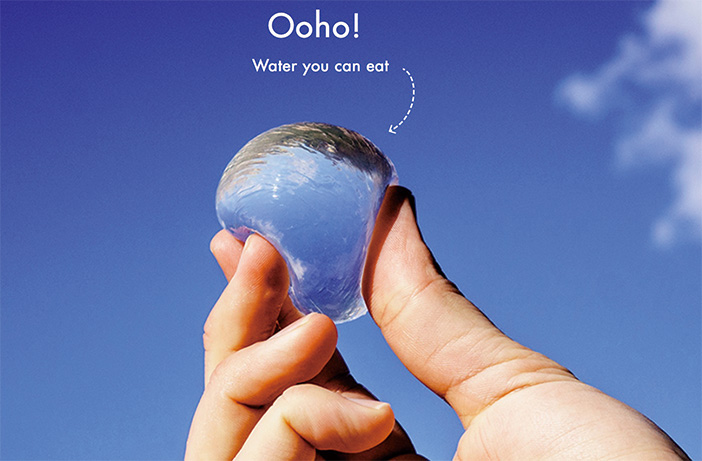
The Future of Packaging
Beijing’s 20 million people produce more than 23,800 tonnes of trash each day, the equivalent of nine Olympic-sized swimming pools. Overflowing landfills are resulting in a heap of new incinerators being used to deal with the rubbish. As Beijing and the rest of the world struggle to keep up with the increasing volumes of trash produced by rising income levels and higher standards of living, there are plenty of people dedicated to solving the problems resulting from our single-use plastic water bottle and food packaging obsession. Presented at Beijing’s WeBelong Forum in October, this innovative packaging from Skipping Rocks Lab in the UK is one of the coolest solutions we’ve seen! Ooho is a biodegradable, edible seaweed packaging that can be used to encapsulate water, juice, and sauces. It can’t get here soon enough!
What Can I Do?
One person can do a lot to work towards saving our planet. Ultimately, we all need to change our lifestyle but that doesn’t mean a huge lifestyle overhaul all at once, or you’re sure to suffer ‘Green Fatigue’.

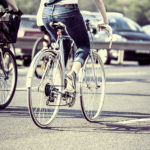
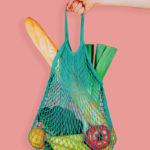
1. Eat less meat, dairy, and eggs. The single biggest thing you can do to reduce your carbon footprint, which is the main reason for the exploding vegetarian and vegan movement among millennials. Choose locally grown, seasonal food to reduce the CO2 produced by transportation.
2. Watch your energy consumption. Drive your car less, switch off the lights when not in use, use a clothes line or indoor drying racks instead of a dryer, think about cutting back on those international holidays.
3. Stop using single use plastics. ditch the plastic cutlery, say no to straws, order less delivery food, and use reusable bags for your shopping.
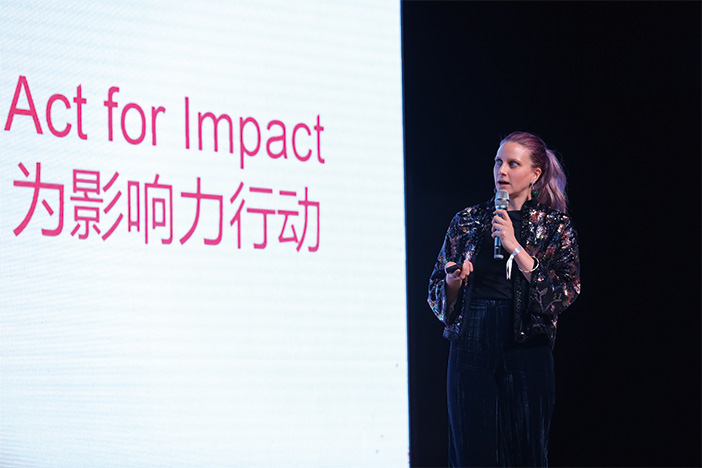
WeBelong Sustainable Innovation & Lifestyle Forum
The plastic-free Chao Hotel in Sanlitun was the venue for the meet up of some of the world’s brightest stars in sustainability. The two-day forum, held on Oct 12-13, focused on sustainable innovation and lifestyle, with speakers from across the world sharing their research, experiences, and innovations. Sustainable luxury cosmetic brands, conscious sneaker developers, packaging innovators, and circular fashion industry leaders, mixed with advocacy groups, up-cyclers, and social enterprise entrepreneurs for a conversation that is helping shape our future. For future events, follow WeBelong on WeChat.
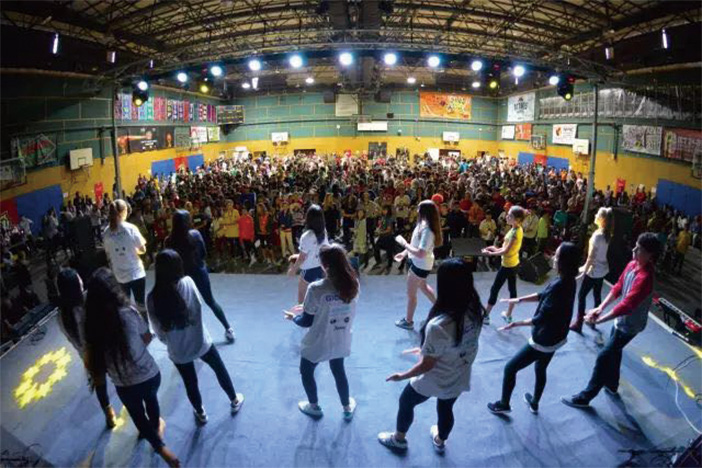
Good Times
Check out what’s happening locally in Beijing’s green scene.
First Steps to Zero Waste Conversation, Nov 8
All ages. Challenges and ‘how to’ for families wanting to produce less waste in Beijing. Free. 9.30 – 11.30am. Hello Future Kindergarten. (beclamb@yahoo.com)
WAB’s Global Issues Conference: Shake Up Call, Nov 13
Students. This year’s emphasis is on the need for action and to extend ourselves beyond caring, to actively taking steps to resolve these issues. Western Academy of Beijing. (lorraine_mccmullen@wab.edu)
WAB’s Distinguished Speaker Series: Bea Johnson, Zero Waste Home, Nov 13
Come along to learn secrets on how to decrease your yearly waste to fit into a single jar, with Bea Johnson. Free, but pre-registration required. 6-7.30pm. Western Academy of Beijing. (www.wab.edu/dss)
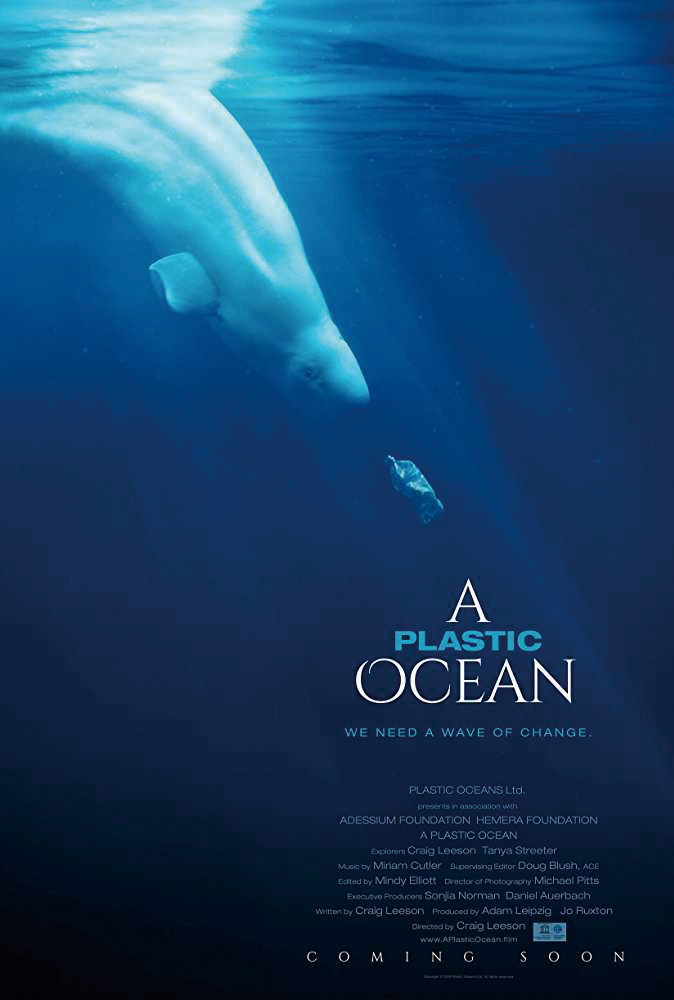
Watch
A Plastic Ocean – If you’re looking for a documentary to shake up your conscience, then this one will either have you in tears, or sticking your head in the sand. Journalist Craig Leeson goes searching for blue whales, and instead discovers how plastic has infiltrated our oceans. An eye-opening look at just how serious the problem does, and some solutions for moving forward. Watch online.
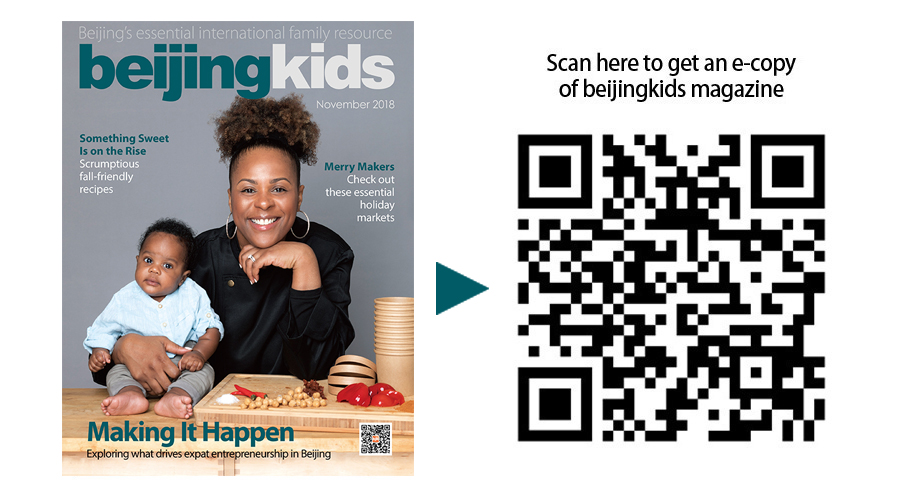
This article appeared in the beijingkids November 2018 Beijing Makers issue
Photos: oohowater.com, veer.com, WAB, WeBelong, plasticoceans.org

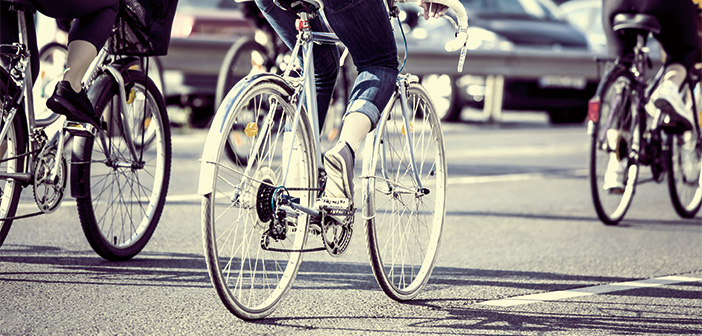
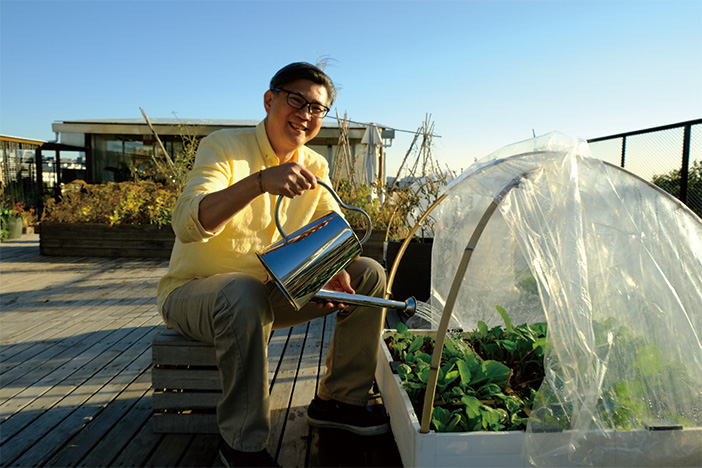

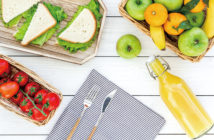
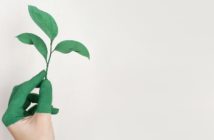
2 Comments
Great article! How can I get in touch with Daniel Lim? I cannot find his contact through online search. Does homegrown.school have a website or could you send me a contact? Would highly appreciate help!
Hey Pascal, I would love to connect you. You can email him at bigcowideas@qq.com.
Happy growing!!